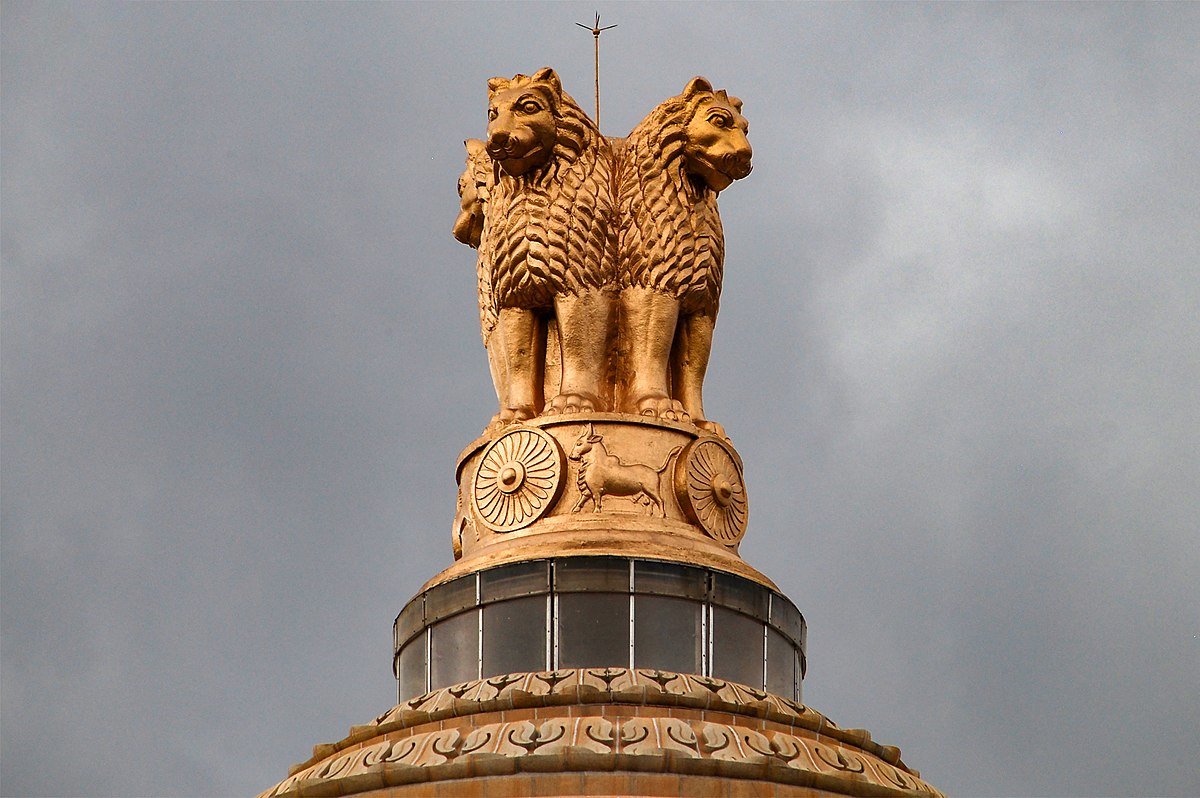
Script for the Youtube Video:

Script for the Youtube Video:
Another Browncast is up. You can listen on Libsyn, Apple, Spotify, and Stitcher (and a variety of other platforms). Probably the easiest way to keep up the podcast since we don’t have a regular schedule is to subscribe to one of the links above!
In this episode Mukunda and I talk to Prof Vamsee Juluri, professor of media studies at the University of San Francisco and the author of several books, including “rearming Hinduism“. We asked him how he defines Hinduism, what is Hinduphobia and why (and how) Hindus should “re-arm” (or not).
Professor Juluri tweets on twitter as @vamseejuluri
This was a joint podcast with Mukunda Raghavan of Meru Media, so for a change we have video (a fact I did not realize when we started recording, so the light and the face are less than ideal 🙂 )
Well, here we are. Razib and Amey talk about Sri Lankan genetics, casteism or lack thereof in the USA, the FUBAR of American immigration and finally how William Dalrymple triggers Amey’s Maratha pride.
Since I haven’t asked in a while, please review positively on Apple and Spotify.
Also, if you want to support the hosting fees for the podcast as well as recording software, please consider joining the Patreon.
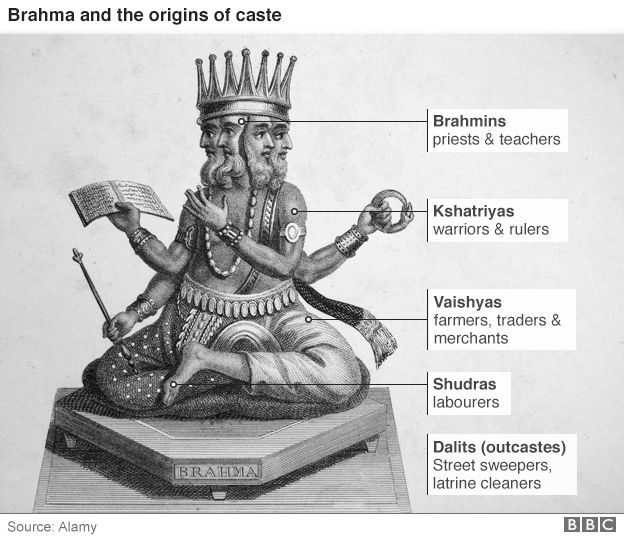
The 100th Browncast! Razib and Mukunda talk to Pushpita Prasad and Sudha Jagannathan of the Coalition of the Hindus of North America to talk about where we stand on the “caste question” in the US today. There are lots of different opinions here between the four guests, and platform of Dalits and Bahujan.
Also submitted for your approval, (1) Who is behind the caste legislations in North America? A peek into their track record – YouTube. The UCSD Ethnic Studies link about hiring only Dalits and Muslims: Commentaries (ucsd.edu)

Another BP Podcast is up. You can listen on Libsyn, Apple, Spotify, and Stitcher (and a variety of other platforms). Probably the easiest way to keep up the podcast since we don’t have a regular schedule is to subscribe to one of the links above!
In this episode, Omar talks to Ambassador Kamran Shafi and Columnist Dr Mohammed Taqi about the current political crisis in Pakistan. We take our best guess on whether the army is falling apart or just having a hiccup.
Some background:
it is worth noting that I could not find a single recent good article by a pro-khan columnist. That is not his style. He has a simple message, and no details and no plan.
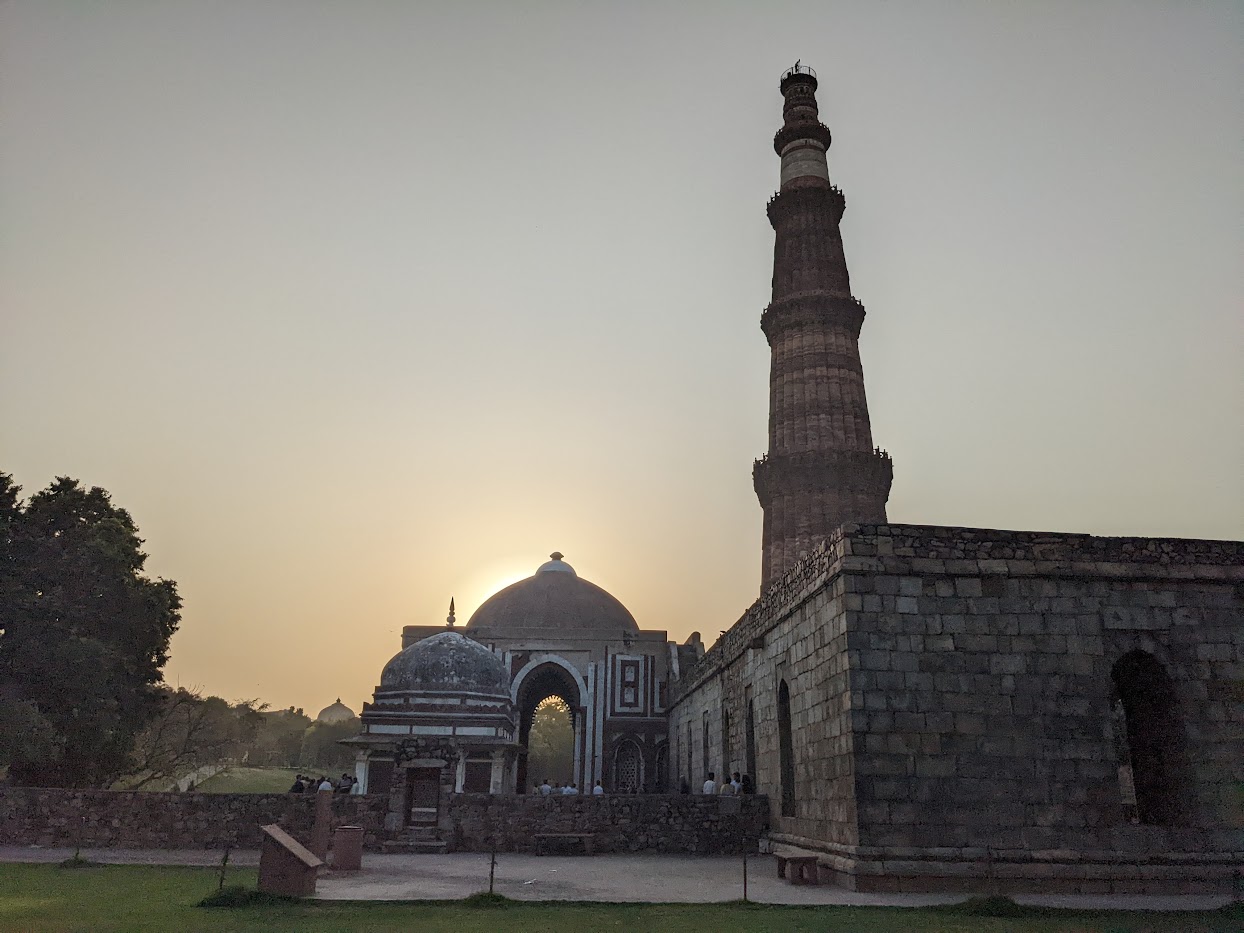
Another BP Podcast is up. You can listen on Libsyn, Apple, Spotify, and Stitcher (and a variety of other platforms). Probably the easiest way to keep up the podcast since we don’t have a regular schedule is to subscribe to one of the links above!
In this episode of the history podcast, Omar and Jay discuss the period of Delhi Sultanate with Jay and Gaurav. We go over all the major dynasties and also discuss the religious, economic aspects of this time.
As Omar Ali puts it, the legacy of Delhi Sultanate is the legacy of Islam in the subcontinent.
References:-
1. The Emergence of the Delhi Sultanate, 1192-1286 by Sunil Kumar
2. The History and Culture of the Indian People: Volume 6: The Delhi Sultanate
3. India in the Persianate Age: 1000-1765 by Richard M. Eaton
4. Medieval India – Vol. 1 by Satish Chandra
5. Advanced Study in the History of Medieval India: Volume I by J L Mehta
6. A Comprehensive History of India: The Delhi Sultanat (A.D. 1206-1526), ed. by Mohammad Habib and Khaliq Ahmad Nizami
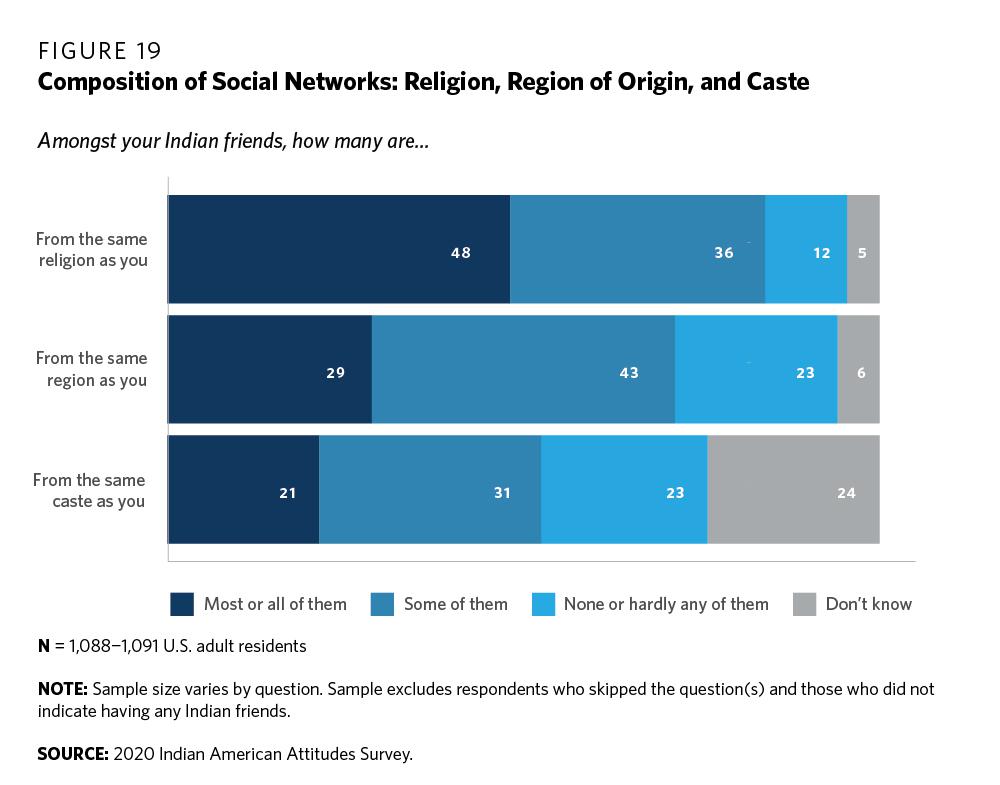
On this episode of the Brown Pundits Browncast I had a long conversation with Nikunj Trivedi and Pushpita Prasad of the Coalition of Hindus of North America. One of the things we talked extensively about during this podcast is the Carnegie Endowment study Social Realities of Indian Americans: Results From the 2020 Indian American Attitudes Survey. The survey is rich with data that might surprise (for example, there are as many Bengali speakers as Punjabi speakers in the US, though I suspect this might be due to many ethnic Punjabis putting Hindi down as their mother tongue). But for the purposes of this episode, we were interested in caste identity, and how it relates to Hindus in America.
The Carnegie study takes a shot at the 2018 Equality Labs survey that argues for the pervasiveness of caste discrimination:
A 2018 survey of 1,500 South Asian Americans found that many low-caste members of numerous diaspora communities had endured firsthand experience of caste discrimination. However, the study is not based on a representative sample, raising questions about the generalizability of its findings.
The figure above shows that most Hindu Indian Americans do not live in a caste-homogeneous environment. There are reasons for this. From the text:
Forty-seven percent of Hindu respondents report identifying with a caste, which means the majority (53 percent) said that they do not personally identify with a caste group of any kind. However, there is marked variation by place of birth. Whereas 53 percent of foreign-born Hindu Indian Americans affiliate with a caste group, 34 percent of U.S.-born Hindu Indian Americans do the same.
…
…Overall, there are 632 respondents in the IAAS sample who belong to the Hindu faith but only 293 who report identifying with a caste group. Of this latter group, the overwhelming majority—83 percent—categorize themselves as General or upper caste. Sixteen percent identify as a member of OBC and 1 percent each identify as Adivasi/Scheduled Tribe (ST) or Dalit/Scheduled Caste (SC).
The latter number, that about 80 percent of Hindu Indian Americans are not OBC, Dalit or Adivasi is exactly what I’ve seen in other data. But perhaps a more important aspect is that large numbers of Hindus in America don’t “affiliate” with a caste group. Some of the American-born individuals may not actually even know their caste group, though the foreign-born ones clearly know their origins as noted in the text:
Figure 21 looks more closely at the caste composition of social networks among Hindus. Seventy-four percent of Hindu respondents who report not identifying with a caste nevertheless know enough to be able to identify the caste identities of their social networks. Only 26 percent of Hindus who do not identify with a caste respond to questions about the caste composition of their social networks by answering “don’t know.” This indicates that even though a large proportion of Hindu respondents say they do not identify with a caste, only a small fraction are unaware of the caste composition of their networks.
What is also striking is how relatively small the differences are between respondents who identify with a caste versus those who do not. While the former report that a slightly higher share of their social network comprises people of the same caste, if one sets aside the “don’t know” responses, the relative differences between caste identifiers and non-identifiers is marginal. For instance, 27 percent of Hindu respondents who identify with a caste report that all or most of their Indian friends share their caste affiliation. Nineteen percent of those who do not identify with a caste group answer similarly. Respondents who acknowledge a caste identity are only slightly more likely to report that some of their social network is made up of people of the same caste (41 percent versus 33 percent for those without a caste identity).
So here is the subtle point: people who do not identify with a caste group nevertheless can often assess whether their social circle is mostly of their caste group or not. The dynamic here is that people are proactively disavowing or denying caste identity personally, but they clearly still know the provenance of their own lineage and that of their friends.
The landscape of caste and America is complex. Nevertheless, today’s social justice activists are trying to reframe it as just another black-white dichotomy, with oppressed Dalits, etc., against oppressive Brahmins.
Finally, we discuss the casual and not-so-casual anti-Hindu comments that are spreading across mainstream discourse. For example, an organization at UC Davis called the Other Collective has said some really bizarre things about Diwali:
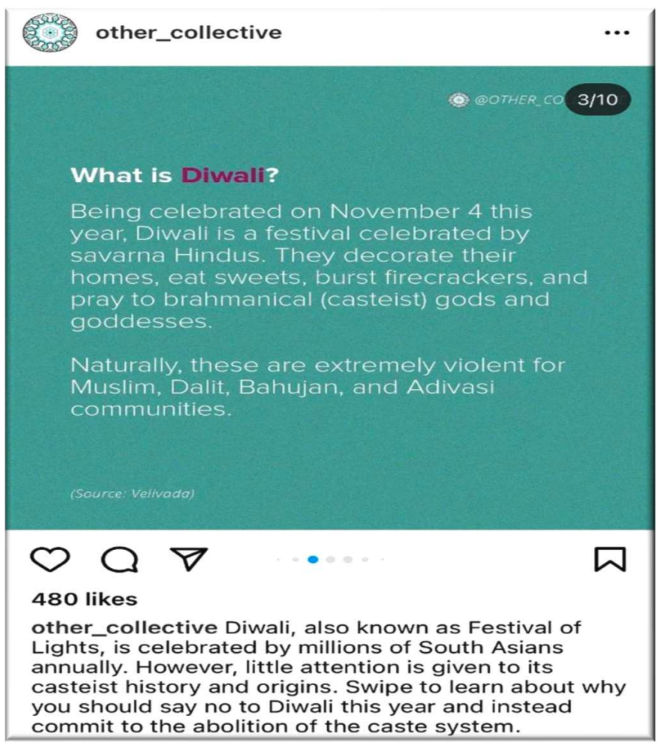
Another Browncast is up. You can listen on Libsyn, Apple, Spotify, and Stitcher (and a variety of other platforms). Probably the easiest way to keep up the podcast since we don’t have a regular schedule is to subscribe to one of the links above!
In this episode Omar talks with Ambassador Kamran Shafi and Dr Mohammed Taqi, two very well known and astute observers of the Pakistani political scene. We talk about the current political crisis and why and how the military may have abandoned Imran Khan, exposing him to a no-confidence motion in the National assembly.
(spotify link did not work in Pakistan)
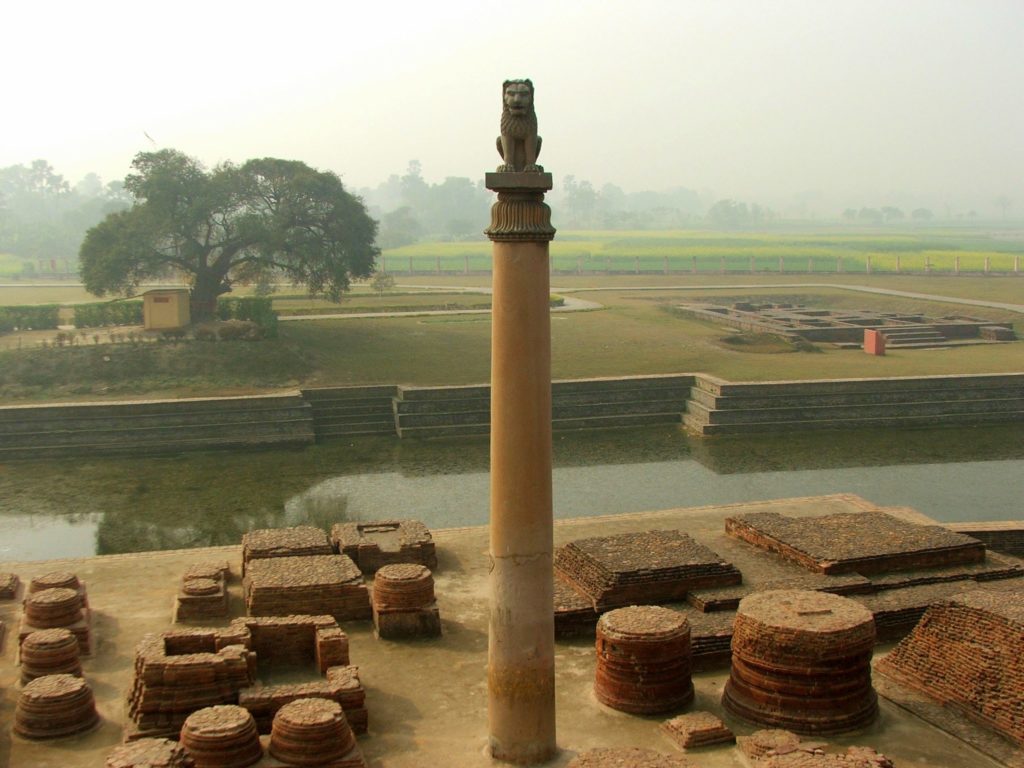
The History podcast passes through the Magadh era. Mukunda Raghavan and Gaurav Lele talk to us about the sub-continent at the end of the Vedic age and take us all the way to the ruler whose symbols are part of the Modern Indian Republics mythology. Alexander and Vishnugupta Chankaya make an appearance and we speculate on the first recorded caesarean birth.
@raghman36 @gaurav_lele @maneesht
Sources and References:
Books and Blogs
Upinder Singh – Ancient India.
Upinder Singh – Political violence in Ancient India.
Upinder Singh – Culture of Contradictions.
Romila Thapar – Ancient History
RS Sharma- India’s Ancient Past
Javarava’s Raves: (Blogposts publications etc)
Greater Magadha – Johannes Brockhorst
Live History India (Paid + unpaid)
Early Hinduism — the epic stratification | by Gaurav Lele | Medium
Free Web Sites – Buddhism – LibGuides at Michigan State University Libraries (msu.edu)
Excerpts from : King, Governance, and Law in Ancient India: Kautilya & Arthasastra
PODCASTS:
The History of India Podcast – Kit Patrick
Echoes of India Podcast – Aniruddha Kanasetti

Another Browncast is up. You can listen on Libsyn, Apple, Spotify, and Stitcher (and a variety of other platforms). Probably the easiest way to keep up the podcast since we don’t have a regular schedule is to subscribe to one of the links above!
In this episode we talk to our regular guest, Major Amin. Major Amin is a military historian with long experience of working in Afghanistan and Russia. As a fan of military history he is also a huge fan of the Russian Army, the entity that executed such historic operations as Uranus and Bagration. This bias shows in the podcast today and many listeners will find things they vigorously disagree with, but his views probably reflect a lot of Putin’s (or Russian nationalist’s) own thinking in this affair. In any case, as always he is brutally frank and frequently provocative. Enjoy, and add your comments..

Auto generated Transcript: (unedited, full of errors, but those in a hurry may get the drift) Continue reading Browncast: Major Amin on the Ukraine Crisis